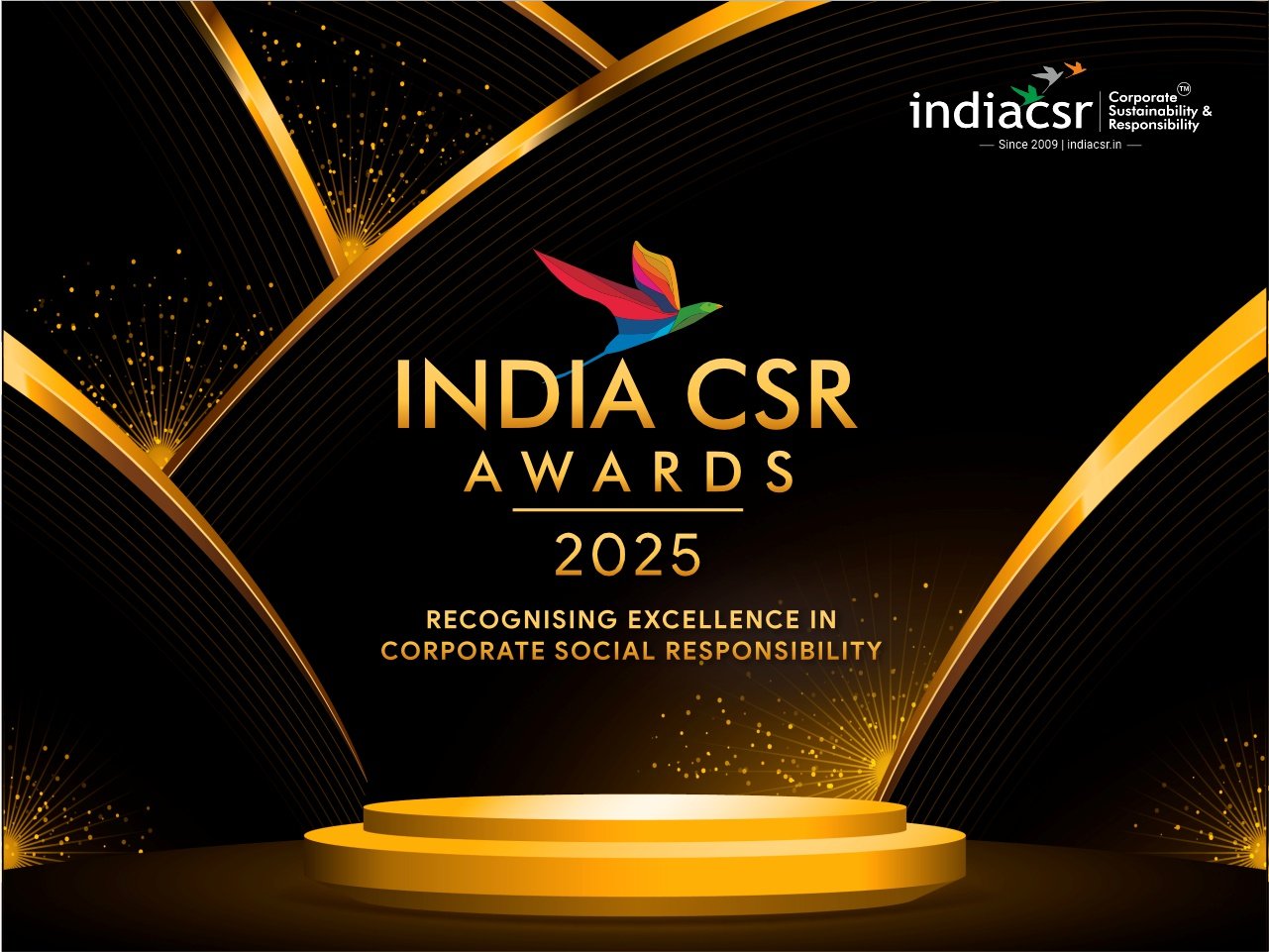By Noshir Dadrawala
The acronym CSR which stands for Corporate Social Responsibility has been under discussion and debate in various circles from government and companies to non governmental organizations (NGOs) and the media. The new Companies Bill 2011 has proposed under Section 135 that every company having net worth of rupees five hundred crore or more, or turnover of rupees one thousand crore or more or a net profit of rupees five crore or more during any financial year shall constitute a Corporate Social Responsibility Committee of the Board consisting of three or more directors, out of which at least one director shall be an independent director.
 Further, the Corporate Social Responsibility Committee shall formulate and recommend to the Board, a Corporate Social Responsibility Policy which shall indicate the activities to be undertaken by the company, recommend the amount of expenditure to be incurred on the activities, and the Board of every company shall make every endeavor to ensure that the company spends, in every financial year, at least two per cent of the average net profits of the company made during the three immediately preceding financial years, in pursuance of its Corporate Social Responsibility Policy.
Further, the Corporate Social Responsibility Committee shall formulate and recommend to the Board, a Corporate Social Responsibility Policy which shall indicate the activities to be undertaken by the company, recommend the amount of expenditure to be incurred on the activities, and the Board of every company shall make every endeavor to ensure that the company spends, in every financial year, at least two per cent of the average net profits of the company made during the three immediately preceding financial years, in pursuance of its Corporate Social Responsibility Policy.
If the company fails to spend such amount, the Board shall, in its report made under clause (o) of sub-section (3) of section 134, specify the reasons for not spending the amount.
However, a Parliamentary panel has suggested that 2% spending by companies on CSR activities in the new Companies Bill should be made mandatory to prevent them from escaping the liability by citing one reason or the other.
The Parliamentary Standing Committee on Finance in its report on Companies Bill 2011 has stated: “The clause seems to provide a security valve for companies by stating… That if a company fails to meet the desired standard; it may get away by providing the reason. Such a statement may, in practice, defeat the very purpose of clause 135,”
Nonetheless, the Ministry of Corporate Affairs (MCA) does not appear to be in the mood to make the clause mandatory and said it would only discourage companies. “Keeping in view the need for balancing of various interests involved the provisions on CSR as provided in clause 135 of the Bill…Appear to be reasonable… The broad objective is to instill the spirit of CSR amongst corporate sector. The provisions, therefore, may be retained as proposed,” the MCA is reported to have said.
Sadly, except for a few enlightened Corporate Houses many confuse Corporate Philanthropy for CSR or worse, HR welfare programs for CSR.
So what exactly is CSR? Unfortunately, the Term Corporate Social Responsibility is imprecise and its application differs. CSR cannot only refer to the compliance of human right standards, labor and social security arrangements, but also to climate change, sustainable management of natural resources and consumer protection. It is basically a concept whereby companies decide voluntarily to contribute to a better society and a cleaner environment. Corporate social responsibility is represented by the contributions undertaken by companies to society through its business activities and its social investment.
What companies especially in India need to know is the fact that in the environment of modern economic development, the corporate sector can no longer function in isolation. Corporations must behave and function, as responsible members of the society, just like any other individual. Having a ‘social vision’ is integral for the success of ‘business mission’. Companies desiring to build and sustain brand equity will do well to remember that discharging social commitments is essential to generating an image in the minds of the people.
At the end of the day, how well an organization integrates community interests into its core values will be one of the determining factors that will spell its success or failure. A social investment strategy is a must for any progressive organization’s secure future.
Therefore, with regard to CSR, one can only borrow the tag line from a popular brand …. Just do it!
Noshir Dadrawala is the Chief Executive of the Centre for Advancement of Philanthropy (CAP). He has more than 20 years of experience in advising corporates and foundations on CSR and serves on the boards of several national and international philanthropic committees.
Article is sourced from samhita.org where article has first published.
(Source: – See more at: http://samhita.org/to-do-or-not-to-do-csr/#sthash.BzfomvXC.dpuf)

























